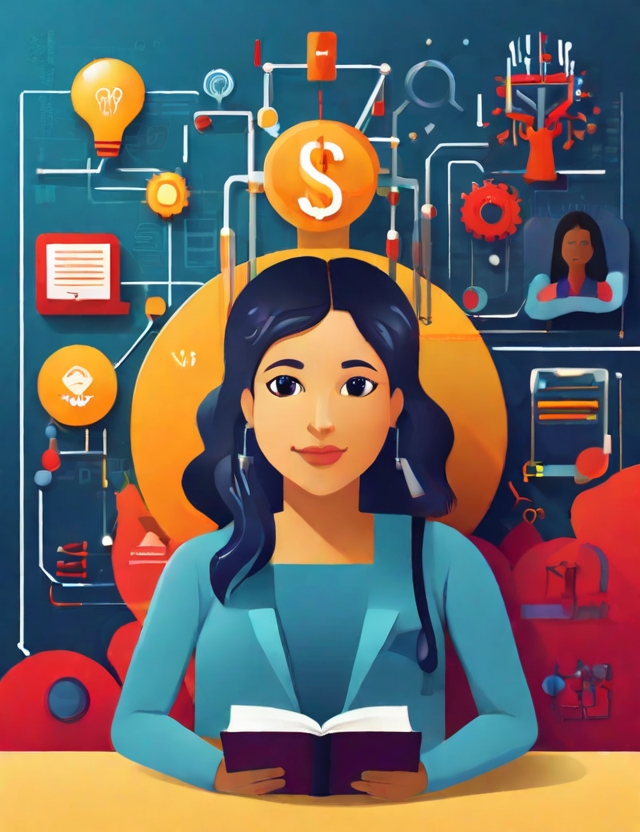**ChatGPT in Higher Education: Transformative Tool Amidst Academic Integrity Concerns**
The integration of ChatGPT, an AI-based chatbot developed by OpenAI, into higher education has sparked a mix of enthusiasm and concern among educators and students alike. Known for its advanced capabilities in processing and interacting in natural language, ChatGPT has become a significant tool in various educational contexts, assisting in tasks ranging from writing support to interactive learning.
In the realm of education, ChatGPT has demonstrated its utility in responding to student inquiries, providing feedback, and enabling interactive conversations. Its role extends to various academic areas, offering assistance in research, essay composition, and other educational activities. However, this revolutionary technology has also raised significant concerns, particularly regarding its impact on academic integrity and students’ learning processes.
Educators and academic institutions are grappling with the potential misuse of ChatGPT in circumventing educational efforts. The tool’s proficiency in generating sophisticated responses and completing complex writing tasks poses a challenge to traditional assessment methods and the development of students’ critical thinking and language skills. The debate extends to whether banning the tool in academic settings is an appropriate response or if alternative strategies should be employed.
Despite these concerns, ChatGPT’s rapid adoption and integration into various educational tools and platforms indicate its transformative impact on the sector. For instance, Microsoft’s integration of GPT-4 into its Bing AI chatbot showcases the technology’s expanding influence. Future developments, including the anticipated launch of GPT-5, suggest an ongoing evolution of AI capabilities, bringing new possibilities and challenges to the educational landscape.
The academic response to ChatGPT has been extensive, with research exploring its various applications in education. Studies range from its effectiveness in science education to its role in journalistic content creation. Nonetheless, the rising reliance on AI-driven tools like ChatGPT has led to restrictions and debates in various educational settings, highlighting the need for a balanced approach in leveraging AI technologies in academia.
ChatGPT’s limitations and risks, such as privacy breaches, stereotyping, misinformation, and cognitive biases, are critical considerations. The technology’s challenges in replicating certain academic tasks that require human creativity and interpersonal skills are also significant. Concerns about AI-generated biased content and its tendency to produce irrelevant or inaccurate outputs further complicate its integration into educational systems.
The societal and economic implications of widespread AI adoption in education are profound. While AI offers opportunities for enhancing personalized learning experiences and administrative efficiency, it also raises concerns about job displacement and the potential for AI to surpass human control in decision-making. Balancing technological advancements with the need to maintain quality education and ethical standards is crucial as AI continues to reshape the educational landscape.
In conclusion, the rise of AI chatbots like ChatGPT in higher education institutions presents a complex scenario of opportunities and challenges. As educators and policymakers navigate this evolving field, the focus remains on harnessing AI’s potential to enhance educational experiences while addressing concerns related to academic integrity, privacy, and the preservation of essential human skills.



